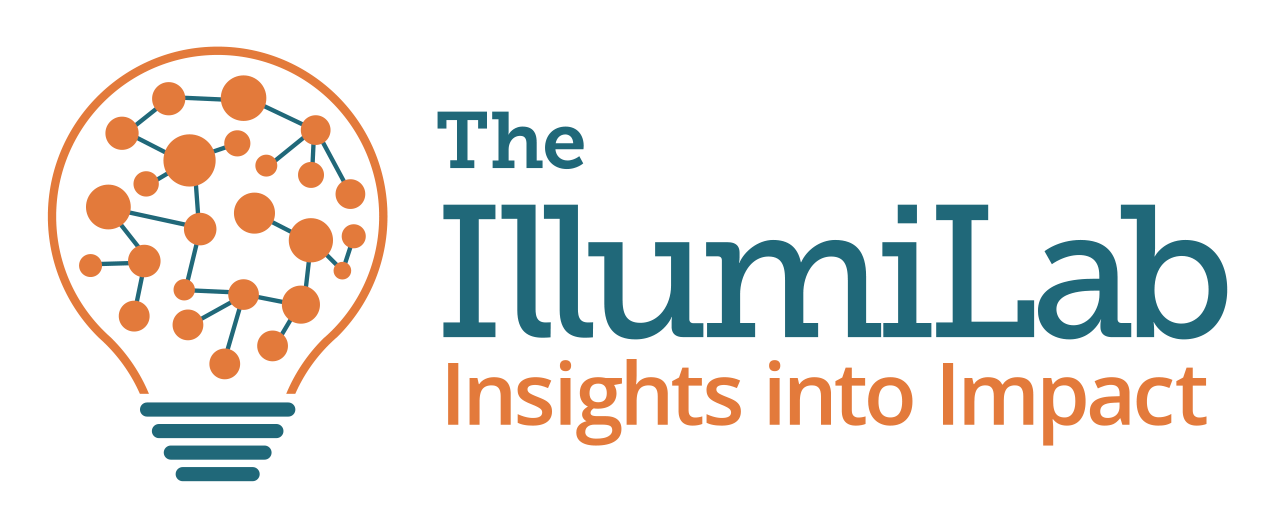 The IllumiLab is excited to present a second blog series from our contributor and client Megan Ondr-Cooper from CASA of St. Louis. This summer, she shared some fun Excel tips with us. This month, she’s sharing her experience with performance management.
The IllumiLab is excited to present a second blog series from our contributor and client Megan Ondr-Cooper from CASA of St. Louis. This summer, she shared some fun Excel tips with us. This month, she’s sharing her experience with performance management.
Too often, nonprofits struggle to demonstrate meaningful impact. They collect data, but only really use it for reporting. Therefore, data collection is considered an act of compliance rather than an effort that adds value to the organization.
Nearly three years ago, CASA of St. Louis brought me on staff to address these challenges and strengthen our efforts. However, what started as an effort to measure better outcomes has transformed into a radical shift in mindset and approach for how our program collects and uses data, which we call performance management. While CASA of St. Louis is still building our system for managing performance, I’m excited to share what we’ve learned along the way.
What is Performance Management?
Google “performance management” and you’ll find the term is used by both the nonprofit and for-profit sectors to describe the management of various types of performance, such as employee performance, financial or organizational health. Regardless of type, all applications of this approach share the process of defining success, then collecting and using data to help achieve results. Notice, I didn’t say the data helps you measure results; I said it helps you achieve results. How?
When applied to social service programs, performance management is the use of data about program operations and participant outcomes to learn, make decisions, and improve. Sometimes called “managing to outcomes,” programs can use this approach to measure, monitor, demonstrate, and improve their results. Organizations can use these data and processes to also measure and improve cost effectiveness, fidelity, efficiency, quality, and customer satisfaction.
How Can Organizations Benefit from Performance Management?
The ultimate goal of this work is to improve your clients’ outcomes. However, it can help programs achieve many objectives:
- Satisfy stakeholder and funder reporting requirements
- Make data-informed day-to-day and strategic decisions
- Communicate a program’s unique value
- Allocate resources to ensure return on investment
- Monitor program implementation
- Tell the program’s story in a more compelling way
If you want to learn more, check out one of my favorite resources, Building Capacity to Measure and Manage Performance from The Bridgespan Group.
The Bottom Line
For mission-driven organizations, performance management is a mindset and philosophy that ensures the people and causes our programs exists to serve achieve success. At CASA of St. Louis, this approach has expanded our program’s thinking and approach to what data we collect, how we collect it, and why we collect it. Our focus is using our data for learning and improvement. In our next post, Sarah will explore how performance management compares to other approaches to evaluation and why The IllumiLab loves performance management so much.
